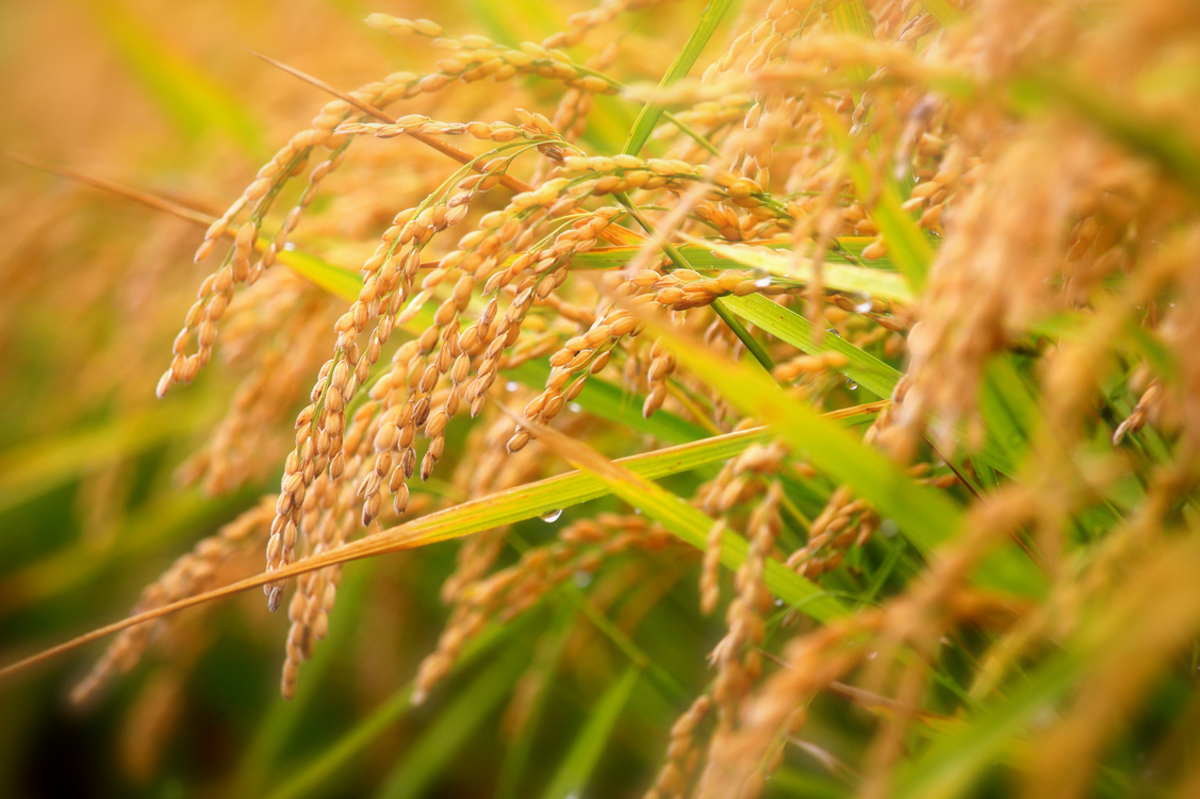
Scientists Enhance Diurnal Flower-Opening Time of Rice
March 27, 2024| |
A study published in the Plant Biotechnology Journal shows that manipulating the expression of jasmonate (JA) pathway genes in rice can modulate diurnal flower-opening time (DFOT) to improve the yield of F1 hybrid seed production (FHSP) and reduce seed production costs.
Hybrid rice breeding has significantly boosted rice yields, especially in inter-subspecific indica–japonica hybrids, which can increase yields by up to 30%. However, the challenge arises from the difference in flower-opening times between indica and japonica varieties, reducing the yield of FHSP and increasing seed costs for farmers, which hinders further breeding progress in this area.
The study revealed that manipulating key genes in the JA pathway, such as OsOPR7, OsHAN1, OsJAZ7, and OsJAZ9, can advance flower opening in japonica rice lines, leading to increased FHSP yields and reduced seed production costs. Moreover, the study found that JA pathway-related genes influence the composition and stiffness of lodicule cell walls, thereby controlling DFOT in rice.
For more information, read the article from Plant Biotechnology Journal.
| |
You might also like:
- Gene Editing Improves Flowering Time and Salt Tolerance of Maize
- Gene Editing Creates Early Flowering Mutants of Tomato
- CRISPR Speeds Up Poplar Flowering Time from Decade to Months
Biotech Updates is a weekly newsletter of ISAAA, a not-for-profit organization. It is distributed for free to over 22,000 subscribers worldwide to inform them about the key developments in biosciences, especially in biotechnology. Your support will help us in our mission to feed the world with knowledge. You can help by donating as little as $10.
-
See more articles:
-
Plant
- Researchers Report Methods to Regulate Rice Chilling Tolerance
- Scientists Enhance Diurnal Flower-Opening Time of Rice
- Genetically Engineered Clover Undergoing Trials in Australia
- USDA-APHIS Determines that Yield10 Bioscience's Omega-3 Camelina Varieties May Be Planted and Bred in the US
- Study Models Future Effects of Climate Change on US Corn and Soybean Yields, Production, and Exports
-
Animal
- Silkworms Engineered for Super Silk
-
Food
- Gene Editing of Edible Fungus Produces Healthier Foods
-
Environment
- Machine Learning Model Predicts Effect of Climate Change to Rice Yields
-
Read the latest: - Biotech Updates (February 11, 2026)
- Gene Editing Supplement (January 28, 2026)
- Gene Drive Supplement (February 22, 2023)
-
Subscribe to BU: - Share
- Tweet

